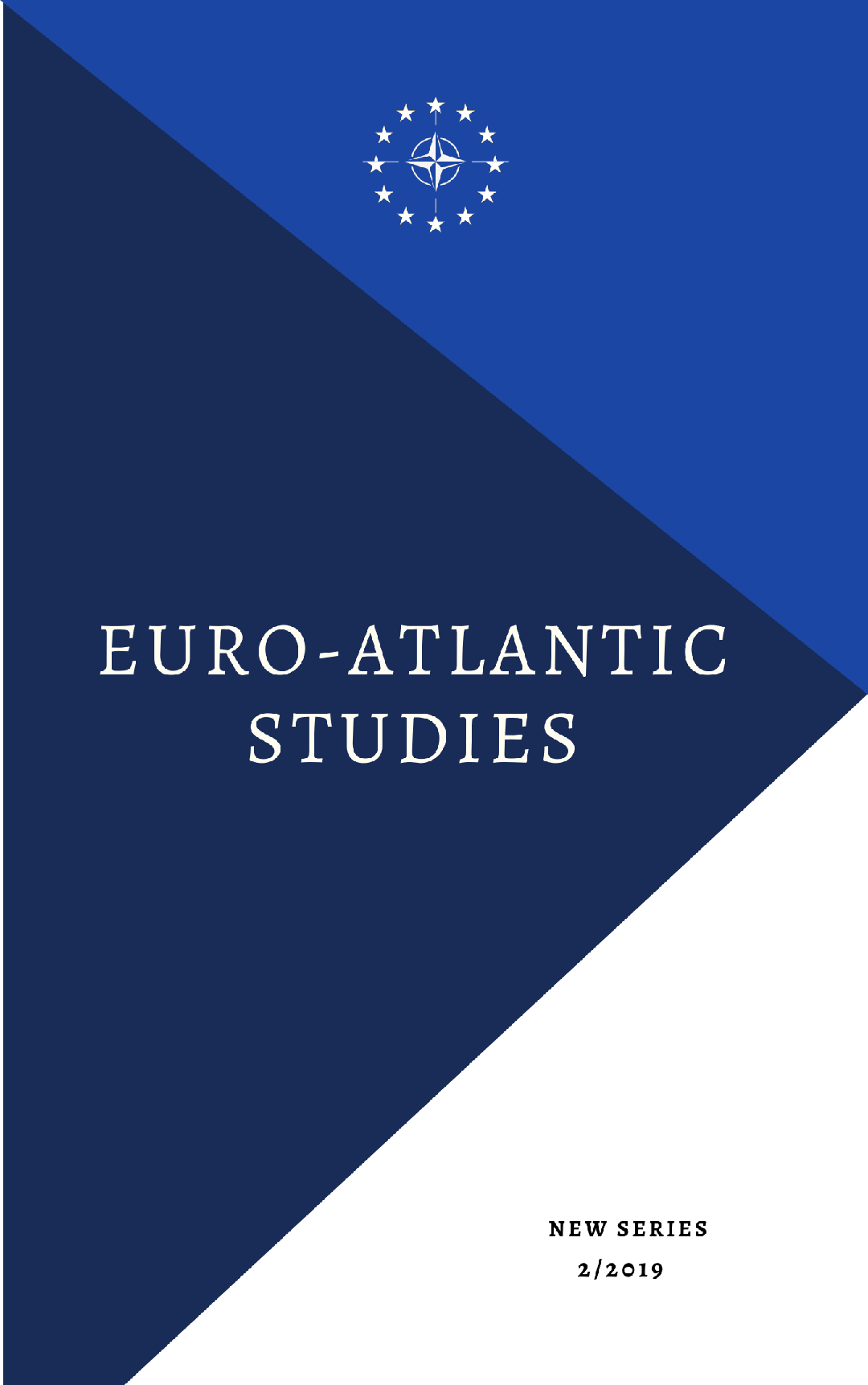The Albanian Nationalism: between the National Revival and the Security Prospects in the Adriatic Region
The Albanian Nationalism: between the National Revival and the Security Prospects in the Adriatic Region
Author(s): Andrei Alexandru MicuSubject(s): Politics, History, Governance, Local History / Microhistory, Modern Age, 19th Century, Pre-WW I & WW I (1900 -1919)
Published by: Editura Universităţii din Bucureşti
Keywords: the Balkans; Albania
Summary/Abstract: The study will address the phenomenology and the processes that marked the Albanian independence movement, concomitantly illustrating it as an integrated stage into the Balkan trend of nation-state edification during the decline of the Ottoman Empire, hence enforcing the debate over the mechanism that had been used in administrating the territorial possessions of the quasi-defunct caliphate. On this occasion, the research will highlight the external involvement in supporting the Albanian independence movement, mentioning in this way the Italian Kingdom, the actor that assumed the role of protecting independent Albania as a result of Rome`s primordial interests in assuming a predominant role in the Adriatic security architecture.Simultaneously will be pursued Tirana`s nationalist projects and the points of tension from the relations with Greece and Yugoslavia as a result of overlapping the territorial expansionist ethnic agendas of these three states. Therefore, it will illustrate how the Albanian state`s interactions with proximity are influenced by the regional climate of state-building on ethnic backgrounds, with a major impact on the security perspectives over the divergent energies of militant nationalism. In this way, the paper will analyze both the Albania – Greece – Italy triangle, with Rome inoculating the moderation in the Athens – Tirana relationship and mentioning the main the Italian foreign policy objective of assuming the role of a Mediterranean power.Last but not least, the Albanian National Revival Movement is presented from the perspective of social history and ideology, legitimizing Albania's independence, highlighting the domestic lines of rupture and the societal manifestations that could be framed in post-Ottomanism. Differentiating from the Balkan space by Albanian Kemalism eradicated by Ismail Kemal, the Albanian nationalism marked also by a modernization dichotomy: on the one hand by the desire of building a state based on the West-European model, by the agrarian reform and by overcoming the religious differences, and on the other hand the outstanding nationalist conservative revolution of returning to Albania's national values under Skanderbeg`s flag of the two-headed black eagle.
Journal: Euro-Atlantic Studies
- Issue Year: 2/2019
- Issue No: 2
- Page Range: 79-102
- Page Count: 24
- Language: English

